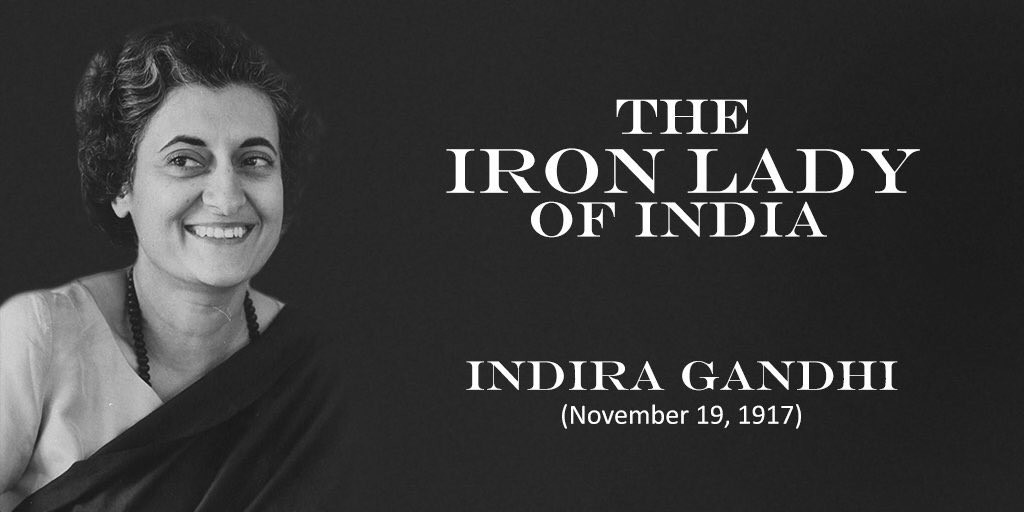Indira Gandhi, India’s first and only female Prime Minister, was a towering figure in Indian politics. Known as the “Iron Lady of India,” she left an indelible mark on the nation’s history with her bold decisions and dynamic leadership. This article delves into her life, achievements, controversies, and enduring legacy.
Early Life and Background
Birth and Family
Indira Priyadarshini Gandhi was born on November 19, 1917, in Allahabad, to Jawaharlal Nehru, India’s first Prime Minister, and Kamala Nehru. Growing up in a politically active family, she was deeply influenced by the Indian independence movement.
Education and Early Influences
Indira studied at institutions like Visva-Bharati University in India and the University of Oxford in England. Her exposure to global politics and her involvement in the freedom struggle played a pivotal role in shaping her political ideologies.
Entry into Politics
Role in the Indian National Congress
Indira’s political journey began with her association with the Indian National Congress, where she played a key role in organizing campaigns and managing party affairs.
Association with Jawaharlal Nehru
As Nehru’s daughter, she often acted as his confidante and advisor, gaining insight into the complexities of governance and international diplomacy.
Becoming the Prime Minister
In 1966, following the sudden demise of Prime Minister Lal Bahadur Shastri, Indira Gandhi was elected as India’s Prime Minister. Despite initial skepticism, she quickly established
